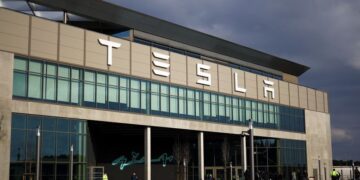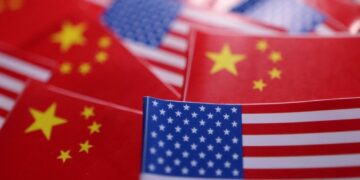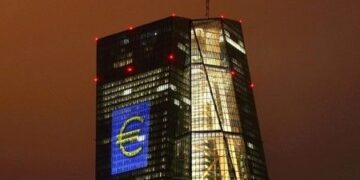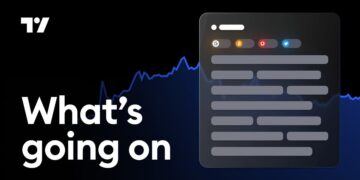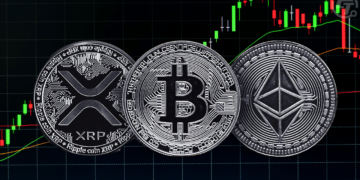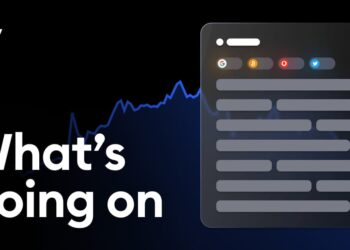DUBROVNIK, Croatia (Reuters) -The European Central Bank has made “great progress” in taming inflation but it should watch out for fresh price hikes caused by U.S. tariffs, ECB policymaker Isabel Schnabel said on Saturday.
The ECB cut interest rates on Thursday for the eighth time in the past year and signalled at least a policy pause next month as it waits for the growth and inflation outlook to become clearer.
Schnabel, the most prominent voice in the hawkish ECB camp that favours higher interest rates, celebrated inflation returning to the bank’s 2% target.
“I think we’ve made great progress, and as you know, our most recent inflation number was even below 2%,” Schnabel told a conference in Dubrovnik. “Of course, that was to a very large extent driven by energy, but we do see that also the more persistent components are coming down and that is that is very, very good news.”
Croatian central bank governor and fellow hawk Boris Vujcic said the ECB was “nearly done” cutting rates provided that inflation settles at 2% as expected.
But with the ECB now projecting inflation at 1.6% next year, other ECB policymakers, and especially Portugal’s central bank governor Mario Centeno, are even worrying it may slow down too much.
Schnabel said the ECB should rather switch its focus on possible, new “shocks”, such as a global trade war waged by U.S. President Donald Trump’s administration against its trading partners.
She cited academic research showing that a 1% increase in producer prices around the world would result in a 0.2% increase, on average, in domestic producer prices in major economies.
“Even in the absence of retaliation, the tariffs would be expected to be inflationary and even more so if there is retaliation,” she said.
As an example, Schnabel cited China’s decision to restrict its exports of rare earths, which is forcing automakers and their suppliers to shut down production of certain models.
China said on Saturday it was willing to accelerate the examination and approval of rare earth exports to European Union firms.
Schnabel also cited ECB research showing that the effect of so-called trade diversion -Chinese producers shut out of the United States flooding European markets with their goods – was small.
“If the effects were not small, you can be sure that there would be counteracting measures coming from the European Commission,” Schnabel said.
She argued all this suggested trade tensions would affect all economies, limiting the scope for the ECB’s and U.S. Federal Reserve’s monetary policies to diverge.
“I expect this trade conflict to play out as a global shock that’s working through both lower demand and supply,” she said at the conference hosted by the Croatian central bank.
“We can discuss which of the two effects on inflation is larger because that determines the net effect. But in any case, I would not expect a sustained decoupling (between the ECB and the Fed),” she said.
Speaking on the same panel, Bank of England policymaker Megan Greene stuck a different tone, saying trade fragmentation should help bring down inflation in Britain, giving the BoE an “opportunity for monetary policy divergence going forward”.
(Reporting By Francesco CanepaEditing by Tomasz Janowski)
By Francesco Canepa


